NOTE: Please be advised that the following transcript is verbatim from a transcription service. Victorian Aboriginal News is currently looking for volunteers who can assist us in editing/proofing interview transcripts. If you would like to volunteer, please contact us on our Contact page.
Charles Pakana (Victorian Aboriginal News):
In South Australia on the 26th of March this year, that state became the first in the country to bring into law a First Nation’s Voice to Parliament. Joining me today on the program to discuss aspects of this is Commissioner Dale Agius, who in July 2022 became South Australia’s Inaugural Commissioner for First Nation’s Voice. Commissioner, thank you for joining me today.
Commissioner Dale Agius: Good morning, Charles, and thank you very much for having me.
Charles: Commissioner, in your initial report to the government following extensive community consultation across the state, there was clear indication of broad support for the South Australian State Voice. What arguments though were forthcoming from community opposing such a body?
Commissioner Agius:
Very good question. The support that we got here in South Australia was overwhelming to go straight to Parliament. Committee wanted our matters, concerns, and solutions, and aspirations to be spoken straight within the Parliament, and I think that’s mainly, from their perspective, for a level of transparency and accountability. But importantly, there were probably two concerns they raised with that as well, was [that] there were some concerns that in South Australia this isn’t a constitutional reform. There are changes by legislation, which of course, then means that with any change of government you could see some levels of political maneuvering where there is points of tension between voice representatives and the government of the day. Political movement could involve making resources fairly tight, strangling the capacity of the voice, which holds its power into the current legislation. The other point of concern was who in community could step up, who can step up and speak to the higher levels of our government and to members of parliament, which is more of a skill-based question for our communities.
What we’ve got here in South Australia is some programs like the Youth Parliament program where there’s been not a level of good uptake from our Aboriginal and Torres Strait Islander students in that course, it’s under tenant in the last three years. In comparison to that with non-Aboriginal Australian representation and uptake, they’re in up to the hundreds. Just so you know, there’s concern about where is the level of tension and training and education with our up and coming Aboriginal Torres Strait Islander people in South Australia to take on these roles. But the outside of the community who say, “Well, we’ve got people who live in our communities can see the issues firsthand and they don’t need the skills to talk about that.” They need just to raise them in the level that’s real and accurate for their communities. So there’s absolutely some leadership in our communities and they should be given the opportunity to speak in parliament.
Charles: That does though bring up an interesting point. Now we’ll get onto the elections a little bit later on because it’s not as if we suddenly have a state voice on the 26th of March with the passage of the bill into an act. But what level of training and support do you envisage being needed or delivered to First Nations communities and potential candidates in the lead up to these first elections for the six regional regional voices, which I believe you’re going to be setting up in that state.
Commissioner Agius: Yeah, there’s a range of information we need to go through in the lead up to getting this thing off the ground and some of that is an engagement period by myself to go out and go and speak with the Aboriginal Torres Strait Islander Committee. Again, just to update them on the legislation, update them on the voting process and the importance of being on the electoral role. Some of that comes down to some understanding from the Electoral Commission to talk to our communities too, to let them know that this is an opportunity for them to be involved with the democratic process for our voice. And we’re hoping that that might give a sense that if they’re voting for our voice and having some say in that they might vote in the broader elections as well.
With conversations that I had with the electoral commission is, there is some broad participation with our Aboriginal Torres Strait Islander community here in South Australia who are already taken their votes to the ballot box. And then we’ve put that small portion of the disengaged or the hard to reach mob where we need to get out and have a bit of a yarn with them to increase that. And we’re tipping that to be around 15%. 15% who are not involved with the current process or who need to be made contacted with education and training and awareness building of what their voice could mean or what their vote could mean for their communities.
Charles: But there’s also going to be the challenge of identifying who is eligible to vote for these particular elections because as per your report and as would be correct, only First Nations people. So Aboriginal and Torres State Islander people are going to be eligible to vote for the regional voices. How then does electoral commission identify who’s eligible to vote, given that I assume that the electoral commission doesn’t maintain whose Aboriginal law First Nations and not?
Commissioner Agius: This come up a little bit and I guess it’s that two point concern for us. We want to make sure that we’ve got measures in place so that we don’t have those people who aren’t Aboriginal Torres Strait Islander being involved in this selection process. And at the same time we want to make things a bit more simpler so that those who do identify as Aboriginal Torres Strait Islander aren’t always feeling like they’ve got to justify themselves to be involved with their everyday business and way a lot. So it’s at that fine balance between the port for the tripartite test.
Charles: And that was the preferred method, wasn’t it? According to your report?
Commissioner Agius: Definitely the preferred model and because it was so preferred, we looked at ways with how we can support it with making the process a bit more simplified in the electoral process. And then also looking at ways with how we put mechanisms in place under the legislation to weave out those who are not Aboriginal by marking themselves. So we put that with under the Oath Act here in South Australia.
Charles: So it’s obvious there’s a lot of work that’s got to be done by the commission, by the government, and by the electoral commission itself in the lead up to even having these elections. What timeframe are we looking at realistically?
Commissioner Agius: A lot of work and effort needs to be done by the electoral commission here in SA. We’re working with them to try and improve some of their community outreach strategies and planning. And also how they go around doing a sweep of education training in terms of the importance of the voting process and following from that, the nominating process for what we’ve got here in South Australia. We’re looking on a table to almost get these processes happening towards August, September when we’re hoping that by then we’ll come up with an outcome of who the state representatives are for our state.
Charles: You’ve still got to do along with that work, there’s still got to be a lot of work done I would imagine, with regard to how the voice will actually interact with the government. I know that’s been detailed a fair bit in the rather lengthy act that was passed in March, but the mechanics itself building up an infrastructure and a support system for the voice itself, essentially building a new bureaucracy. That’s got to be a lot of work and who’s going to manage that.
Commissioner Agius: Some of the feedback we’ve got from communities is the idea of coordinating local regional leadership should be the first priority, but then from that way of shaping up, we could select our representatives who could support us at a state level. So in terms of the two ways of the design, local regional voices and a state voice, what has been proposed by the modeling is have what we call secretariat support for behind the scenes work, between the regional voices and what they do regionally. And then also secretary of support for the state voice with what they do with at a state level and how they engage with the parliament and the members of Parliament and the ministers.
Charles: So that’s similar to the way in which the first people assembly of Victoria was established with that secretariat support, did you look towards that model at all in defining what has gone before the Parliament here in South Australia?
Commissioner Agius: There was conversations between I think our State Attorney general and the co-chairs of the assembly in Victoria. So there’s probably one, there’s some similarities in the way that’s that’s fell here in SA, secretary of Support for our communities who are coming together for the first time in a long time. There’s probably a key element we’ve got to look to until we can get some feet on the ground, some runs on the board, some priority setting, some engagement and communication styles in terms of building the relationship between the state parliament and our state voice and our regional voices. That’ll take some time within itself and there’ll be some adjusting and some reprioritizing and of course there’ll be some disagreements.
Charles:
Yeah, it’s not surprising.
Commissioner Agius: Not surprising. And if you’re being a voiceful community and trying to get outcomes for our communities where things aren’t working, obviously disagreements are important. Our premier here is said it’s not something to fear or something to shy away from. It’s actually improves the democratic process. It improves the bureaucratic process where we are hoping to achieve better aspirational outcomes for our community.
Charles: Commissioner, one of the things that I noted with a bit of concern and may be a misinterpretation in my reading, but the ACT states that the local and state voices are independent of the Crown or any minister of the Crown. Yet in the ACT of detailing of the voices functions, both the regional or the local and the state voices are required to adhere to and I quote, “such other functions as may be assigned by the minister”. Now, does this represent the potential for conflict because it seems that one hand there’s total independence, but at the other hand there’s also, well, you can be directed to add to your functions by the minister at the time.
Commissioner Agius: Yeah, and I think there’s a bit of misinterpretation with how it hoped to be received by the outreach of the intentions of the modeling. The level of independence is for the reassurance that both bodies in terms of the regional body and the state body are completely independent and entitled to have their own views and aspects and concerns raised within the relationships between themselves and the Parliament. I think in terms of how that plays out is within the bill, it also states that the state boys can table an annual report to parliament. There’s a timeframe for the responsible minister to respond to some of those remarks made in the annual report. Following on, there’s also under the ability to speak to the premier and his government in terms of the cabinet. And there’s also an ability to speak to the premier and chief executives. Then of course there was also the engagement hearing where we speak to a cross section between the responsible ministers and the department chief executives for any issues raised by the State voice. There’s going to be multiple areas of matters that come out of those conversations.
Charles: Last question before I let you head off, because I know you’re a busy man and I appreciate your time. One of the things that I did notice in the report and the ACT was that whilst there’s mention of local government, there’s not a great emphasis on this third level of government, as I said before in your report and in the ACT itself. So what are your expectations or hopes, at least with regard to local governments around South Australia establishing some form of a relationship with these local or regional voices?
Commissioner Agius: Yeah, a very good one. A very important one. Thanks for asking it almost because that come up very strongly with our consultations around how our regions engage with their local councils, which have a lot of connection with our communities out there. And so that the way that the modeling was designed was so local regional voice could connect with those council districts within their areas. And trying to improve the way they engage with a coordinated approach and a respectable relationship approach between having a coordinated state body and also local councils in that region. And of course the idea then if there’s gaps in relationships with which aren’t operating on equal footing, it can be escalated through the regional voice to the state voice. And the state voice can speak to the members of Parliament and also the government where of course the Minister for local council sit.
Charles: So in essence, it’s another level of accountability for local governments.
Commissioner Agius: That was the idea of the structure of the modeling is how do we emphasize this model of relationship building, accountability and transparency.
Charles: Commissioner, we will speak again I’m sure over the coming months in the lead up to the national vote. So in the meantime, thank you so much indeed for your time.
Commissioner Agius: Thank you very much. Have a great day.


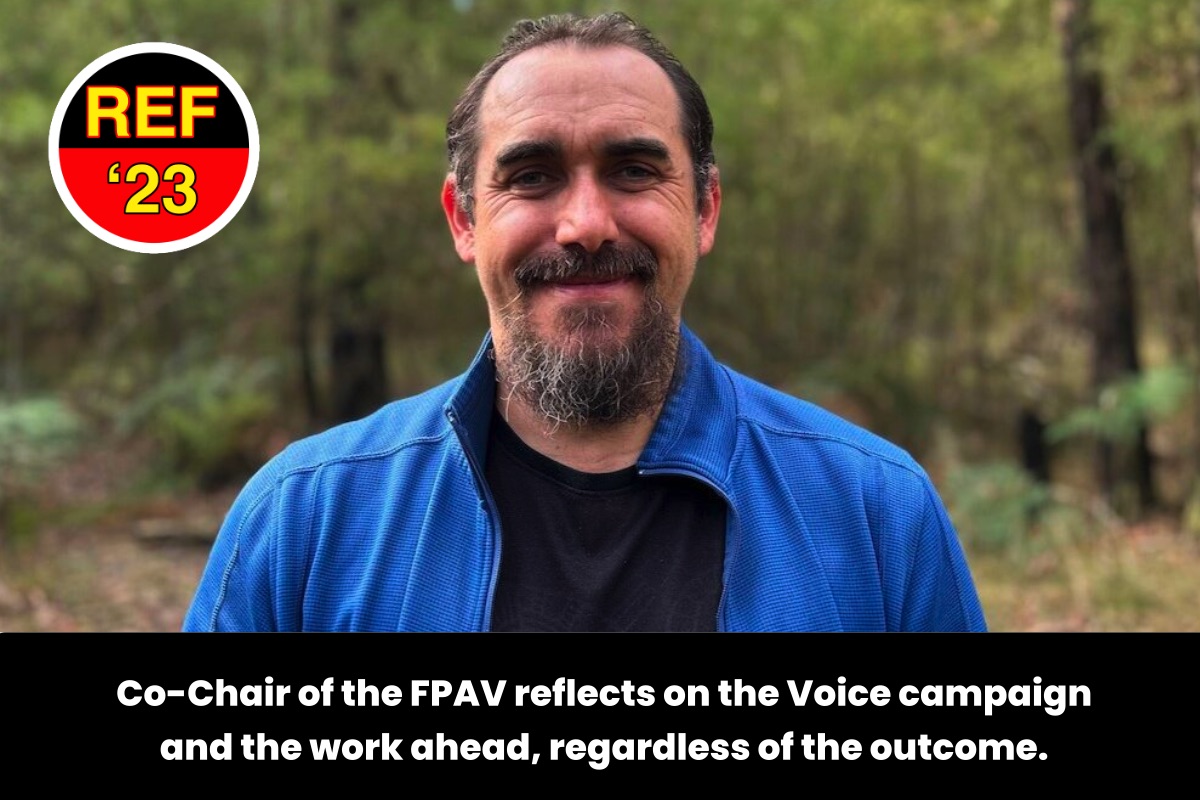
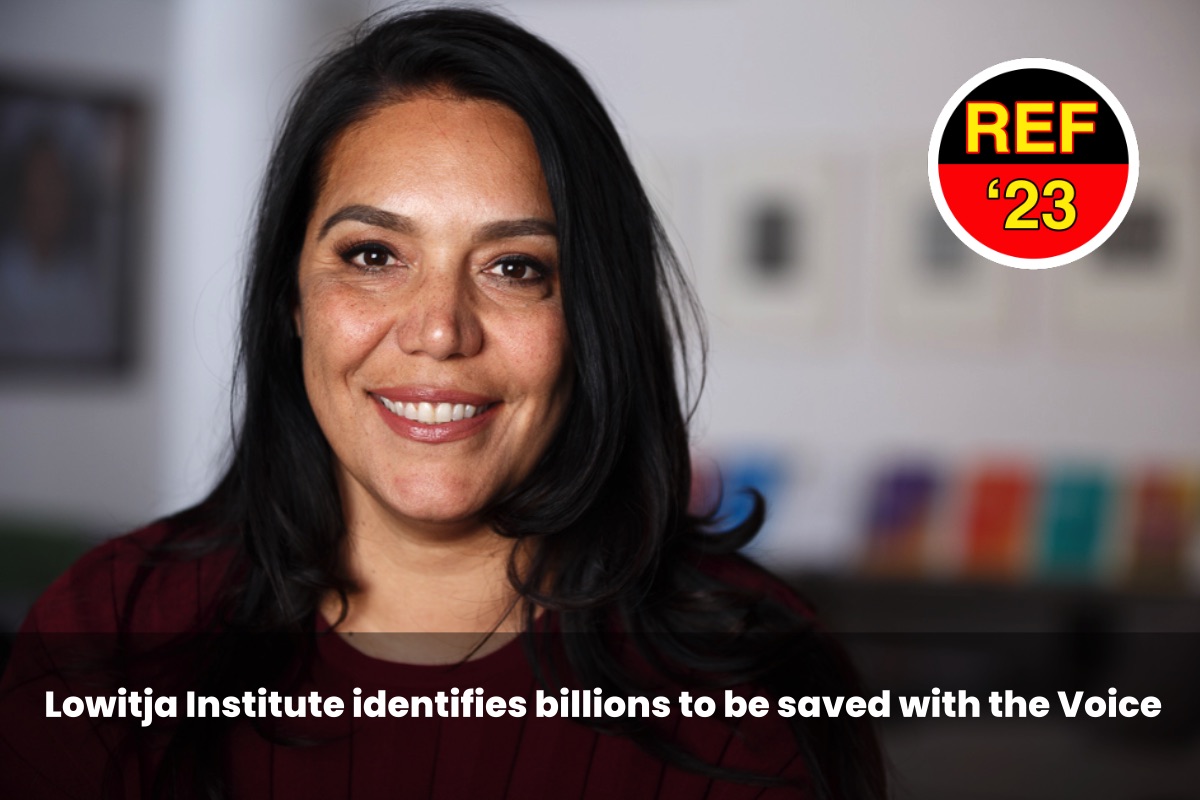
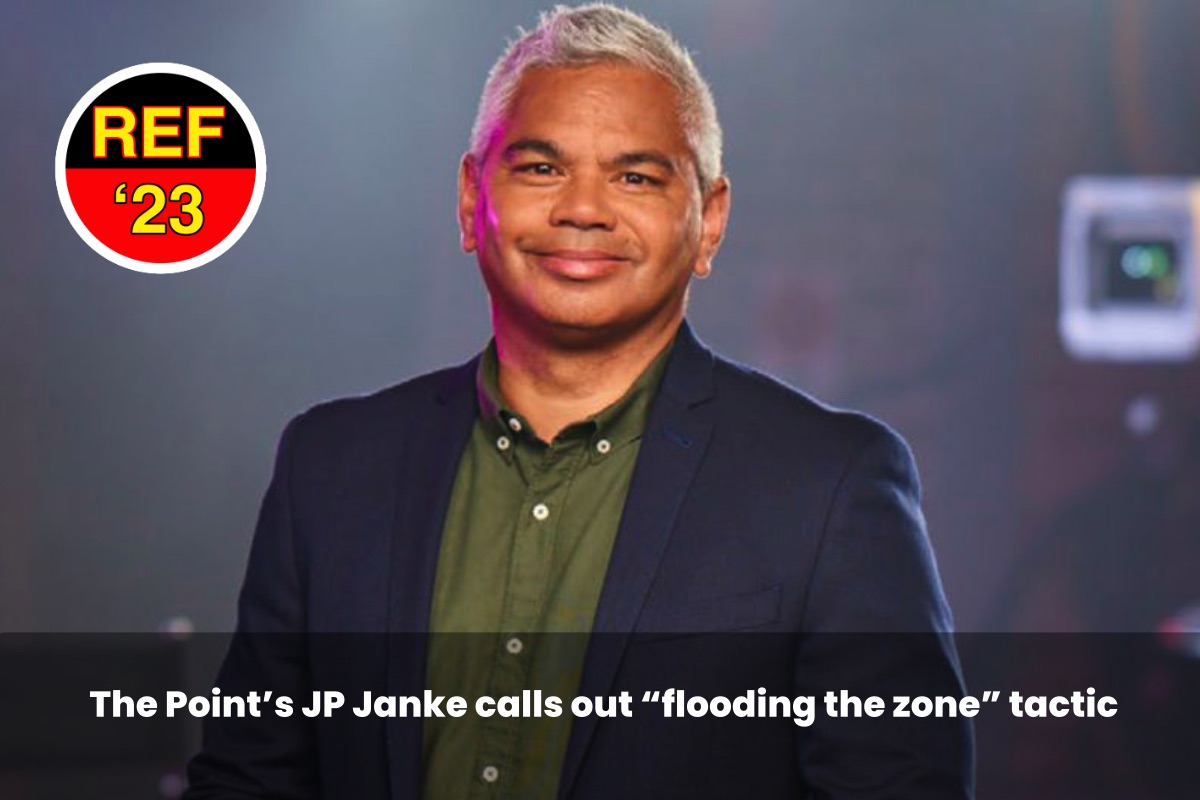
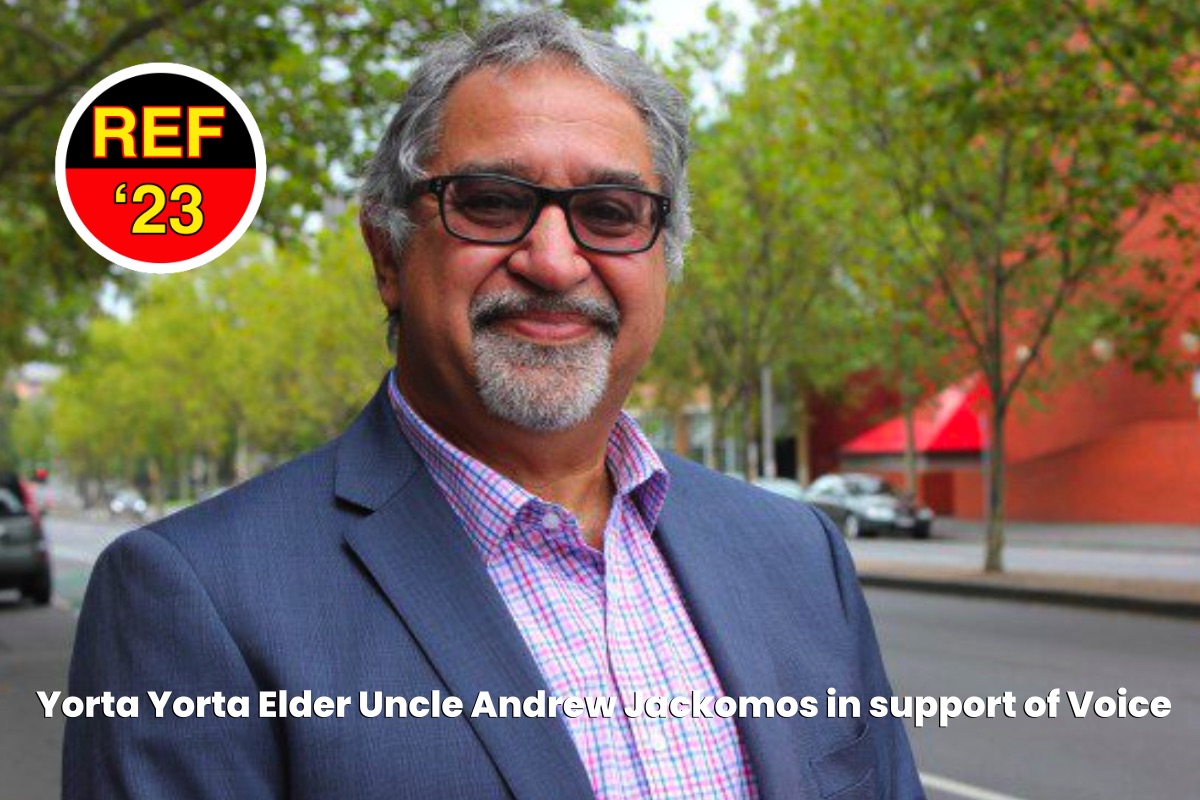
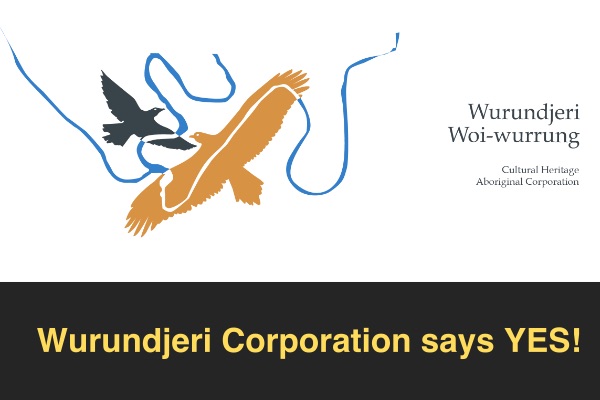

0 Comments